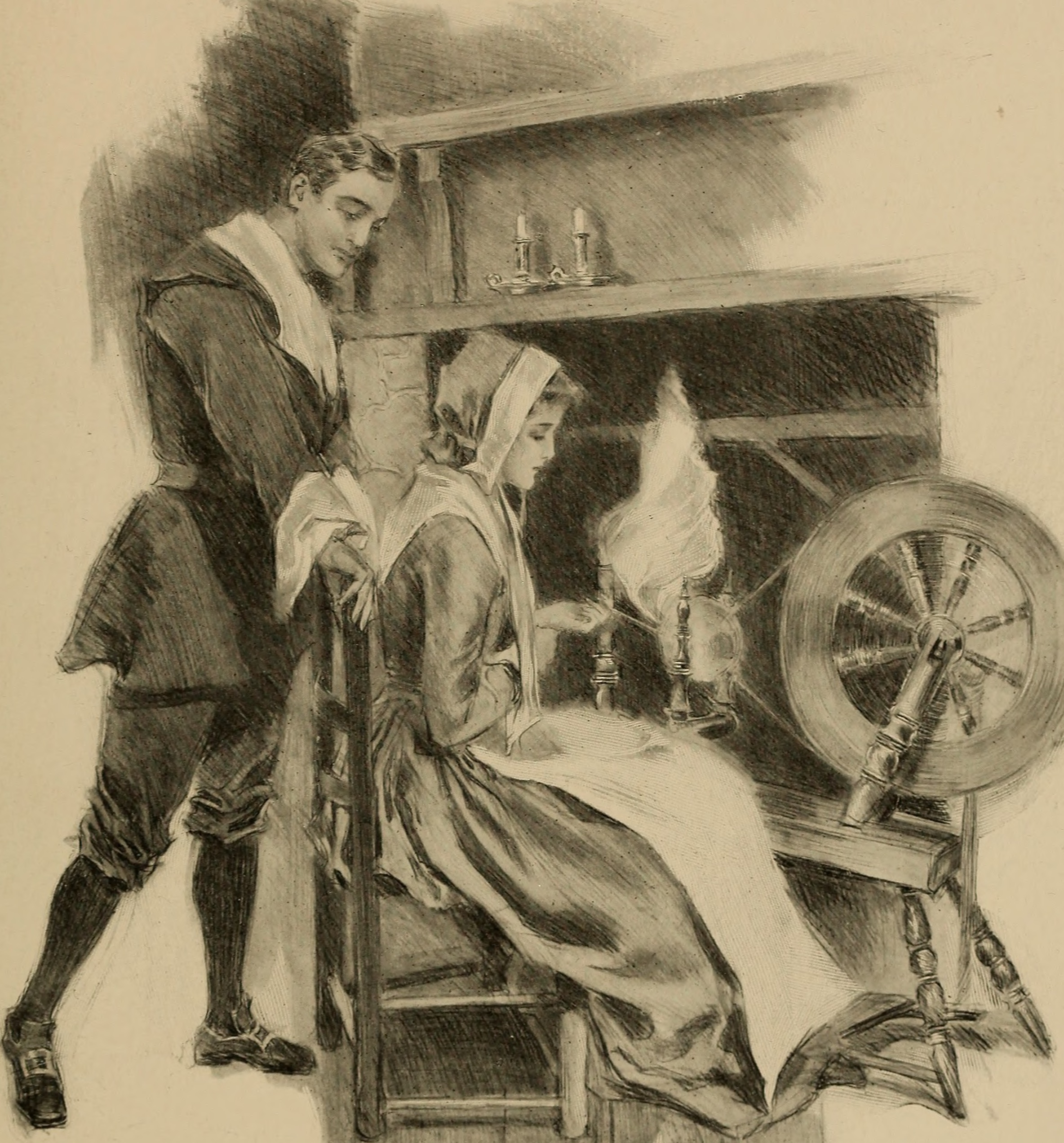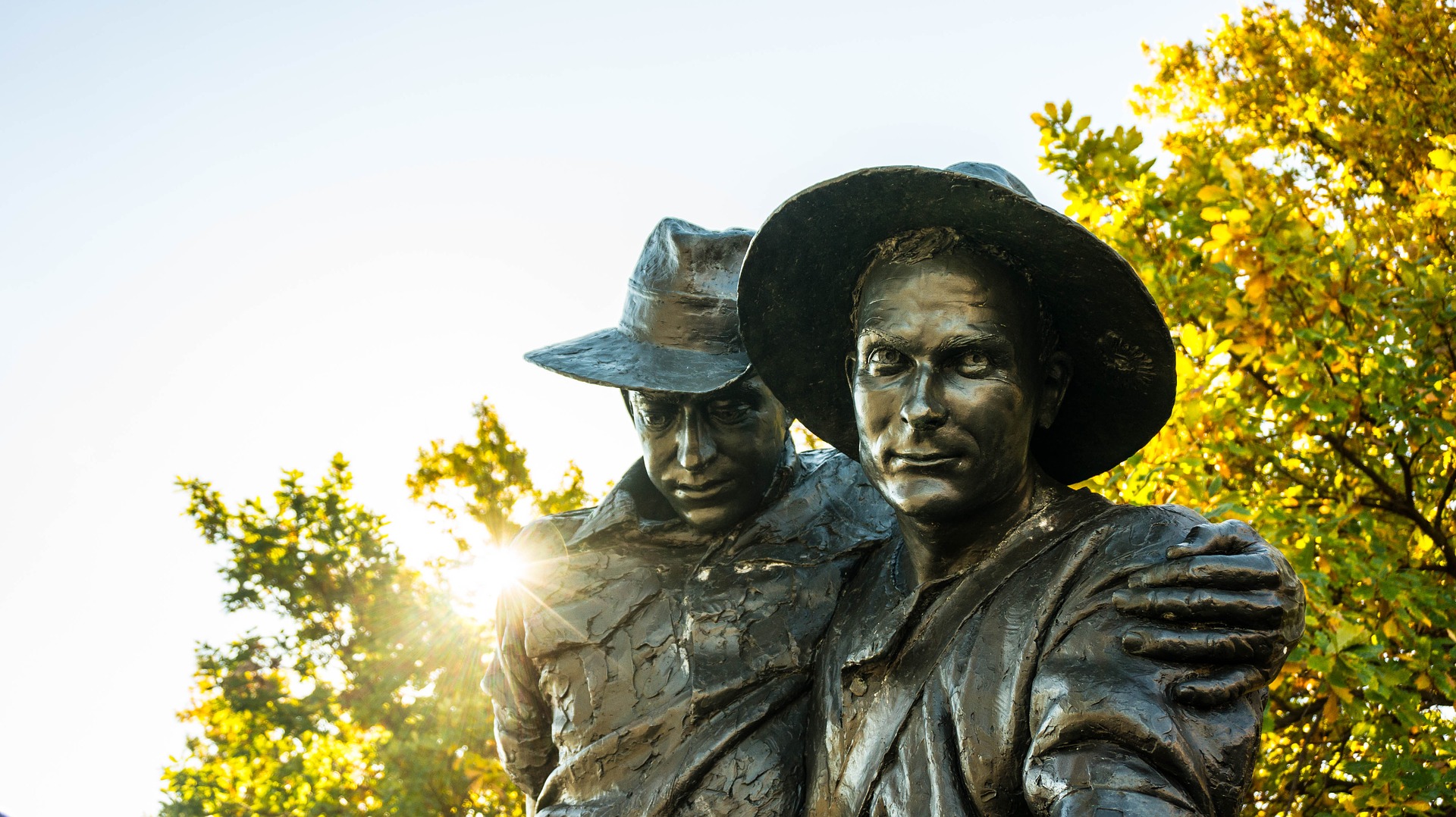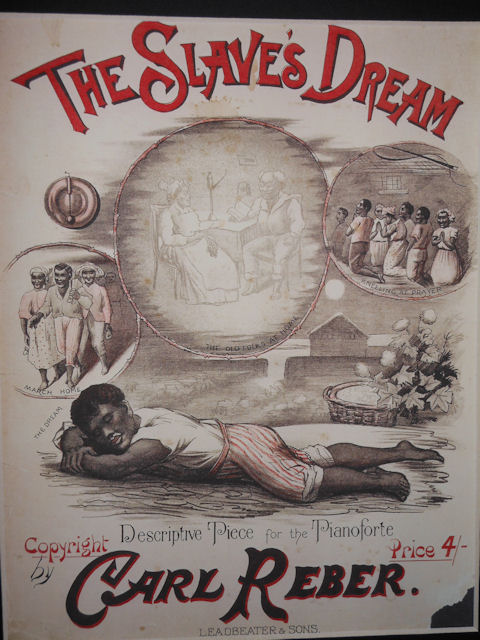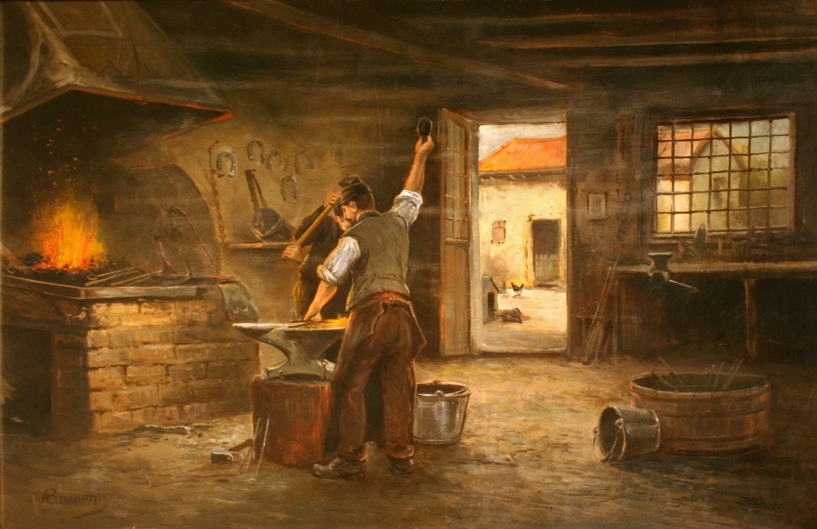Henry Wadsworth Longfellow- Born in Portland, Maine, on February 27, 1807, Henry Wadsworth Longfellow was an intellectually-driven, dreamy boy since his very childhood, who became a Harvard scholar well versed in European languages. And it is believed by the critics today that no American writer was more invariably enjoyed and commended by the readers than Longfellow, throughout the nineteenth century. In 1854, this emerging literary legend had as his treasure Voices of the Night (his first collection of poems), published Hiawatha, The Courtship of Miles Standish and Other poems and had also translated Dante’s Divine Comedy. His works soon became international bestsellers, achieving acclaim and fame both in his native land and abroad. Being influenced with the great traditions of European literature and thought, Longfellow was, simultaneously, embedded in American life and history; and this is what supposed to have fuelled his imaginative faculty with untried/conventional themes, thereby making him ambitious for a successful literary life. He eventually attained popularity, becoming, thus, a commanding figure in the cultural life of America during the nineteenth century.
Setting of Memory-
Longfellow wrote poems on diverse themes, ranging from the narrative poems to those based on common life, through which he tried to portray the beginning of the American Revolution and the domestic circle of people living during those times (particularly in which he sought to find innate beauty). And, hence, he is known to have an influence on America’s artistic and popular culture. For his poems were traditionally read by the fireside, to derive pleasure and entertainment, he became one of the Fireside Poets. It is believed that one of his poems named “Memories” is an exemplar of this above mentioned classification. The poem explicitly echoes the element of ‘buried memory’ as it has been made pellucid through its very title.
Poetic Devices of Memory-
Longfellow’s poetry, being resplendent in its nature, are widely exalted by his readers. Some of the phrases and lines from his poems are universally acclaimed; besides this, they are known to have became a part of American language, to such an expanse that at present they are easily quoted by the speaker even without the cognisance of their origin. This, in particular, reflects Longfellow’s impact on popular culture.
Enjambment: “…known/ In other days(1-2); “…overgrown/ With other thoughts” (Lines 4-5)
Apostrophe: “Oft I remember those I have known”- Herein, the speaker is addressing to a number of people he was acquainted with in the past, those with whom he is no more in correspondence.
Simile:
Lines 2-3: “to whom my heart was lead/ As by a magnet”- Herein, the speaker is trying to depict the intimacy that existed between him and his mates, erstwhile. They had an affinity towards each other during their bygone days, a strong fondness, which is compared by the speaker here to the enticing effect of a magnet.
Lines 5-6: “…With other thoughts and troubles of my own,/As graves with grasses are”- Herein, the speaker is trying to delineate the hiatus that has occurred in the relationship between him and his familiar ones, at present. However, their memories to him, while he is narrating this verse, are subdued with his contemporary thoughts and troubles, in the same manner as the graves are covered with the grasses, with their stones being surfaced with the moss and lichens, making the epitaph illegible to the perceiver.
Imagery: “Pleasures, like flowers, may wither and decay” (Lines 13-14)
Style-
Longfellow used different styles of writing; he wrote sonnets, narrative, and free verse poems. The use of musical elements, like rhythm and rhyme, was central to most of his poems, besides their story aspect. The poem under question, “Memories” is written in the form of sonnet, with the lines in iambic pentameter or irregular meter.
Summary of Memory-
The poem is explicitly grounded in memory, as is suggested outright by the title. It begins with a conventional nostalgic tone, that reflects an element of elegiac sentiment. The speaker is seemingly addressing a group of people, whose presence was significant to him in former days of their companionship, towards whom he felt affectionate, just as an iron material gets enticed towards a magnet and vice versa. He pronounces with a lamenting voice that a fissure has occurred in their relationship, for they are no more in acquaintance with each others. But the complexities of his life, at present, has overshadowed the intensity of his former feelings, in the same manner as the grasses engulf the graves, with the mosses and the lichens making the epitaphs undecipherable by the perceiver, with the passage of time.
Expressing these intimate thoughts, the speaker continues with these interrogating lines, asking his own self as to whether he is the only one obsessed with the former past, or are “those’” with whom he shared his past also encountered with the same sentiment. This is an accessible reflection of how the past is inseparable from the present; a constant yearning is seen here towards a past that is in one way forgotten and has sneaked off due to the contemporary complexities of the speaker’s life, while on the other hand is determinant and powerful enough to catch a thought of the speaker. He simultaneously asserts that since they are not dead, but absent, their ignorance might be the result of their own will; and therefore he fears to ask them about their feelings. Saying this, he interrogates himself as to why is he fearing, for he believes that the past, which is shared together, can never be thought of as something belittle. The speaker and his mates might have shared the intense days, the darker phases of their lives, and this past is what acting as a binding force between him and “those”. The pleasurable days does bring closeness between the inmates, spreading fragrance in their relationship, but the darker times are the ones that bring depth and intensity in it.
Central Idea of Memory-
The poem is about reminiscence about the past, particularly the shared past between the speaker and his mates. It reflects the fissure that occurs between people with the passage of time.
Tone of Memory-
The poem begins with a nostalgic tone, with the speaker lamenting over the relationships with his former mates, the relation which has become stagnant due to their and his non-involvement. The end of the poem takes place with an assertive tone, with the speaker displaying his belief that he is still been attached and in relation to “those” mates, for they have shared an indispensable past.
Conclusion- Longfellow’s “Memory” is a poem with the natural depth and intensity that one feels on departing from his loved ones, with whom they are not able to maintain a continuous relation. A clear attempt is made here by the poet to show the governing force that the past exerts, not just on the present but on the future as well.
Some online learning platforms provide certifications, while others are designed to simply grow your skills in your personal and professional life. Including Masterclass and Coursera, here are our recommendations for the best online learning platforms you can sign up for today.
The 7 Best Online Learning Platforms of 2022
- Best Overall: Coursera
- Best for Niche Topics: Udemy
- Best for Creative Fields: Skillshare
- Best for Celebrity Lessons: MasterClass
- Best for STEM: EdX
- Best for Career Building: Udacity
- Best for Data Learning: Pluralsight














